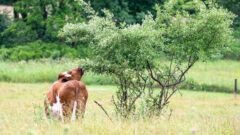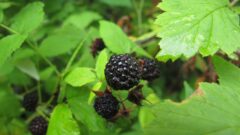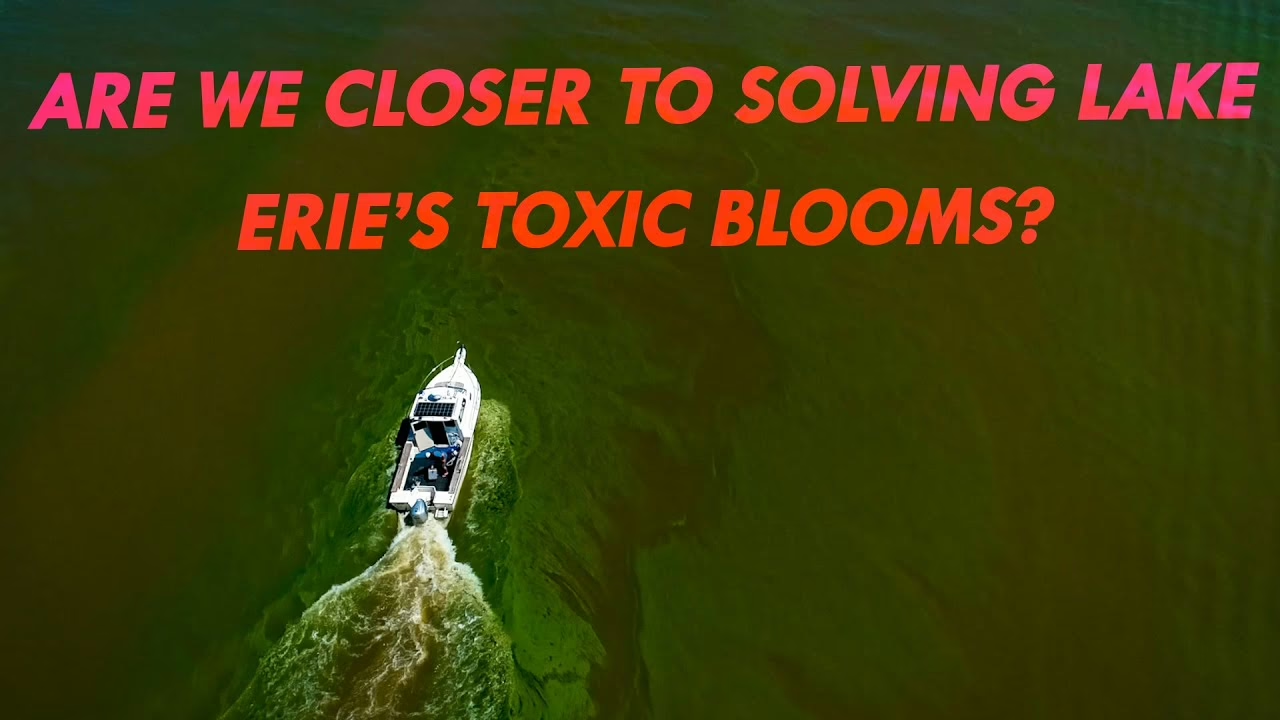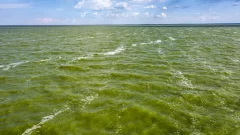Tag: Science, Technology, Research
Empowering Environmental Stewardship: How Barn Sanctuary Champions Compassion and Conservation in the Great Lakes
The Great Lakes, a vital freshwater expanse for millions, face an ongoing environmental crisis. Beneath the vast waters lies a significant threat: pollution stemming largely from agricultural runoff. This flow of excess nutrients like phosphorus and nitrogen contributes to harmful algal blooms and expanding “dead zones,” jeopardizing ecosystems, water quality and public health across the region.
Great Lakes Moment: Detroit River carrion scavenger on the increase
Great Lakes Moment is a monthly column written by Great Lakes Now Contributor John Hartig. Publishing the author’s views and assertions does not represent endorsement by Great Lakes Now or Detroit PBS.
What is one of the most frequently counted birds by citizen scientists in the annual Detroit River Hawk Watch, but is not a hawk?
After Trump cuts, Michigan helps pay for remainder of climate work program
By Izzy Ross, Interlochen Public Radio
This coverage is made possible through a partnership between Interlochen Public Radio and Grist, a nonprofit environmental media organization.
Lucas Roff met his then-girlfriend when he was going to college at Lake Superior State University in Sault Ste.
Easy summer foraging adventures the whole family will remember
This is a part of “A Year in the Wild Kitchen of the Great Lakes,” a series in partnership with expert forager Lisa M. Rose, with the mission of nurturing a deeper connection with the natural world through foraging. To get started with your foraging journey, begin here with our “Framework to Sustainable and Safe Practices.”
As Michigan’s fields burst into berry-laden glory, summer invites us to celebrate nature’s sweet, sun-ripened gifts.
Toxic algae blooms are lasting longer in Lake Erie − why that’s a worry for people and pets
By Gregory J. Dick, University of Michigan
is an independent and nonprofit source of news, analysis and commentary from academic experts.
Federal scientists released their annual forecast for Lake Erie’s harmful algal blooms on June 26, 2025, and they expect a mild to moderate season.










